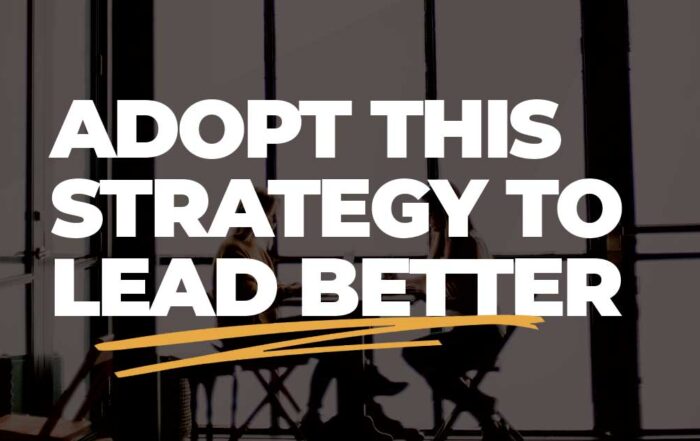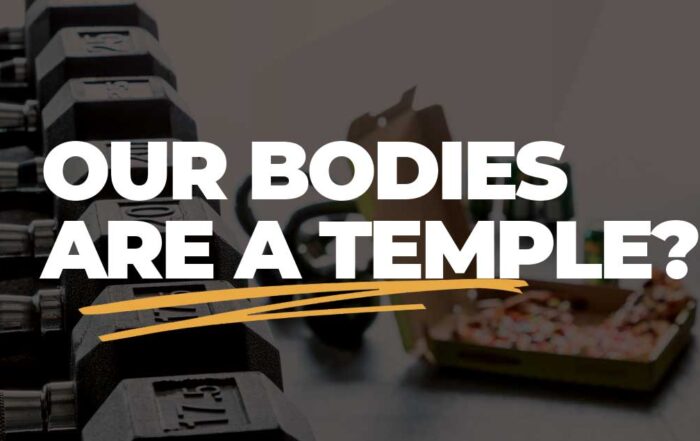Churches are no strangers to social media. In fact, most churches have some sort of presence on at least one platform. But even though they may be using social media, they often still need to leverage it to its full potential. Creating a social media strategy is key to making the most of your church’s online presence.
Here are four tips for creating the foundation for a social media strategy for your church:
1. Define your goals.
The first step in any social media strategy is to define your goals. What do you hope to accomplish by being active on social media? Do you want to reach more people in your community? Grow your church? Increase the reach of your pastor’s sermons? Help people take next steps in their faith journey? Once you know what you want to achieve, you can start planning how to use social media to help you reach those goals.
2. Identify your audience.
Who are you trying to reach with your social media posts? What are their demographics? Their interests? Their pain points?
You will need to approach parents of elementary school children in your congregation differently than you would college students in a different State.
If you’re not sure who your target audience is, take some time to research and identify them before moving on to the next step.
Ad supported article – continue reading below
3. Choose Your Platforms Wisely
There are a ton of different social media platforms out there, and it can be tempting to try and be active on all of them. But in reality, that’s just not realistic or sustainable. It’s better to choose a few platforms that fit well with your goals and focus on creating quality content for those platforms rather than spreading yourself too thin by trying to maintain a presence on every single social network.
For example, if you’re hoping to use social media to reach out to members of your community who might not be aware of your church, Facebook could be a great platform to use because it has such a broad reach. If you want to create a space where members of your congregation can connect with each other, something like Instagram might make more sense because it’s less formal and more visual in nature. Researching each platform and thinking about which will work best for your goals is crucial before getting started.
4. Create A Content Calendar
One of the best ways to ensure that you’re consistently posting quality content is to create a content calendar in advance. This will help you avoid feeling overwhelmed by the task of coming up with something new to post every day and will also allow you to plan ahead for any special events or holidays that might be coming up.
When creating your content calendar, make sure that you’re keeping your goals in mind and planning accordingly. For example, if one of your goals is evangelism, ensure you include content that would appeal to someone who doesn’t already attend church. Planning ahead will help ensure that all the content you’re putting out there is working towards achieving your overall goals.
Social media can be a powerful tool for churches if used correctly. By taking the time to create a social media strategy that includes defining goals, identifying your target audience, choosing your platforms wisely, and creating a content calendar, you can make sure you have a social media strategy that is sat on a foundation strong enough to grow your church in ways you never thought possible!
Share This Story, Choose Your Platform!
Other related articles
Easter
The resurrection of Jesus Christ is the most significant event in human history. It is the cornerstone of the Christian faith and represents the ultimate victory over death and sin. As we approach Easter,
3 Questions to cultivate a healthy team
As a leader, one of your primary responsibilities is to ensure that your team members are happy, fulfilled, and engaged in their work. This is no easy task, but one tool you can use
Christians and their diet/weight
Today in the @ForMy.Church Instagram stories, we're responding to a submission, and talking about a topic that is important for our physical, emotional, and spiritual health: taking care of our bodies. As Christians, we
Good Friday
GOOD FRIDAY This week we will remember the significance of Good Friday, the day that Jesus was crucified. It was a day of great suffering and sacrifice, but it was also a day
The Power of Prayer
THE POWER OF PRAYER Have you ever felt overwhelmed and helpless in the face of difficult circumstances or challenges? It’s natural to feel that way, but as believers, we have access to an
Generosity
Think about this question. "would you consider yourself a generous person?" There was a student at a church I worked at a few years ago. One Wednesday night he attended a youth event at






Leave A Comment